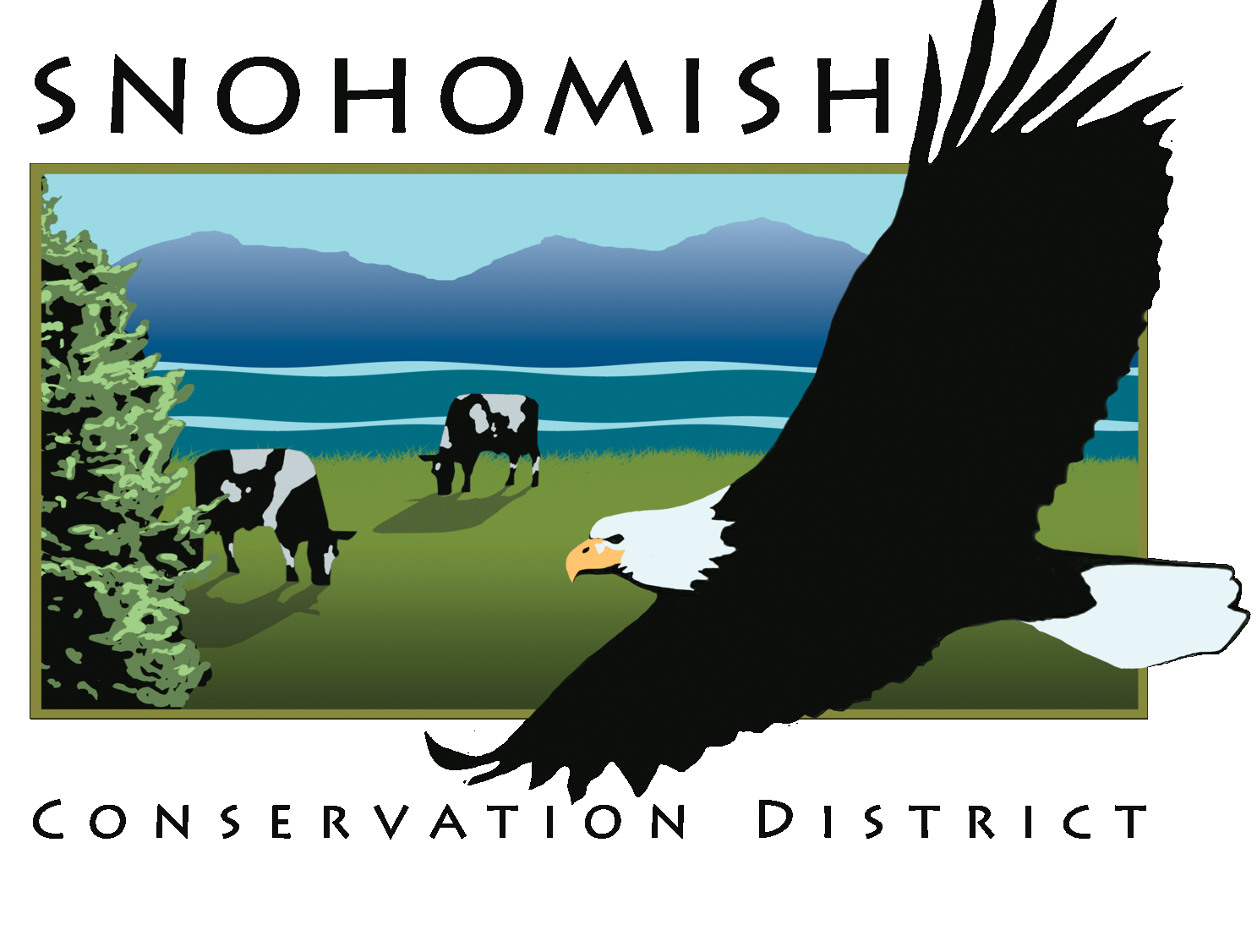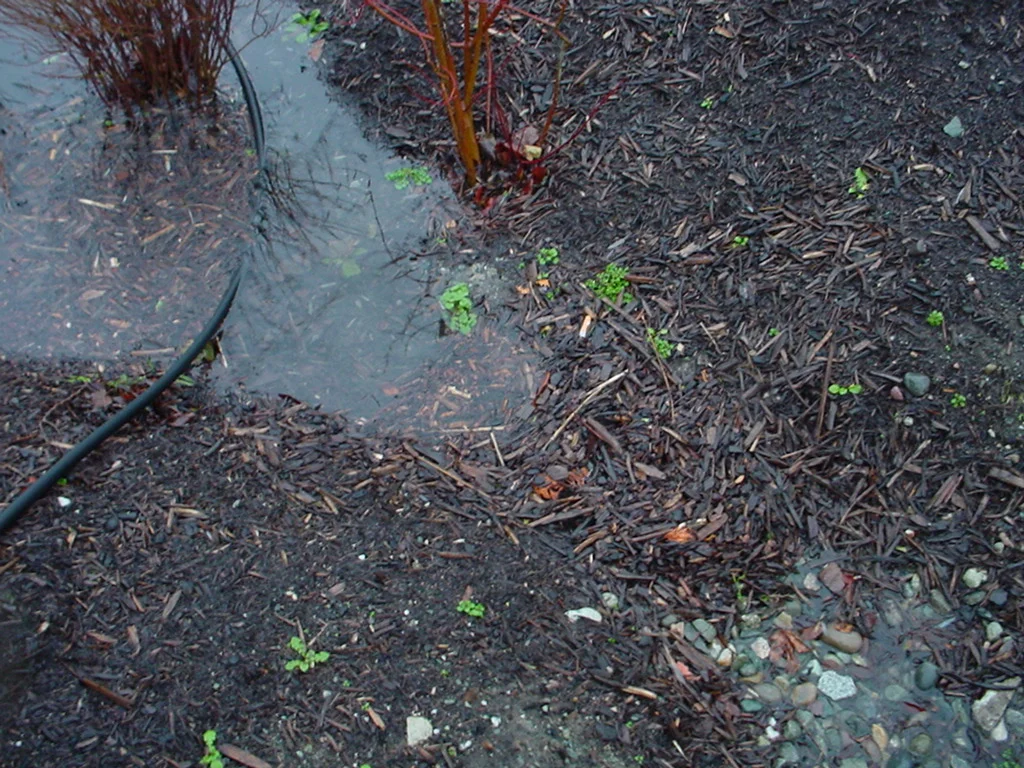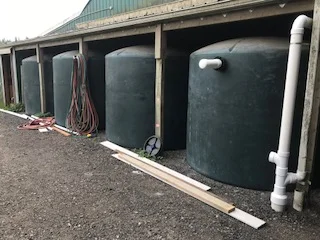Gardening provides so much more than food. It grants you the ability to be more self-sustainable, give back to your community, and connect with the world around you in a real, down-to-earth way. Schools, individuals, non-profits, and places of worship can all expand access to healthy food and teach important natural resource stewardship in the urban landscape.
As your local conservation district, we can offer expertise and resources for starting and maintaining an urban garden. If you have any questions, please reach out to us at lawnstolettuce@snohomishcd.org.
Planting Tips & Guides
Community Gardens
Along with stability, social interaction and food security, community gardens create opportunities for exercise, fresh air, and the psychological benefit of being immersed in nature.
They also bring other benefits:
Soil, air, and water quality improvements
Stormwater management
Increased property values and aesthetics
Education and recreational opportunities for communities and schools
Beneficial pollinator and wildlife habitat
Reduced crime and an increased sense of belonging to a community
In the midst of bustling city sights and sounds, Thomas nurtures the community garden in his Tacoma neighborhood. Hear his story, provided by Pierce Conservation District’s Harvest Pierce County.
School Community Gardens
Gardens are a tremendous asset to school districts and can be incorporated into the curriculum. School gardens have the potential to teach a wide range of skills and topics, including biology, chemistry, soil science, weather, environmental science, horticulture, entomology, physical fitness, nutrition, mathematics, design, and more.
Involving young people in the creation and care for gardens helps nurture:
Leadership opportunities and responsibility
Job and life skills
Healthy eating
Environmental stewardship
Physical fitness opportunities
Access to fresh air and an outdoor environment
Growing Kids in the School Garden
Zsofia Pasztor, the executive director and co-founder of Farmer Frog, believes that a seed will grow if we plant it. And, children will grow in school gardens if we let them.
Pasztor is an award-winning landscape designer, permaculturist, horticulturist, and arborist. Her passion for growing food has resulted in thirteen edible school gardens and five farms throughout Western Washington.
Bilingual Planting Guides for Common Vegetables
We’ve partnered with Farmer Frog and Oxbow Farms to provide basic instructions on growing common vegetables in this region. These instructions are also translated into Spanish!
Sound Homes Resources
Plant a Row
Whether you're a novice gardener just getting started or a tried and true green thumb- we encourage you to think about adding an extra row of produce to donate to others or give to the food bank. Join our initiative and pledge to grow a little extra food for food for those in need. It can be easy to set aside an extra row or raised bed with the intention to donate it.
Taking the pledge gives you an all-access pass to tips and tools that will guide you from seed planting to donation site! Free seeds and Snohomish Conservation District's Plant a Row program are available to residents of Snohomish County and Camano Island.



















